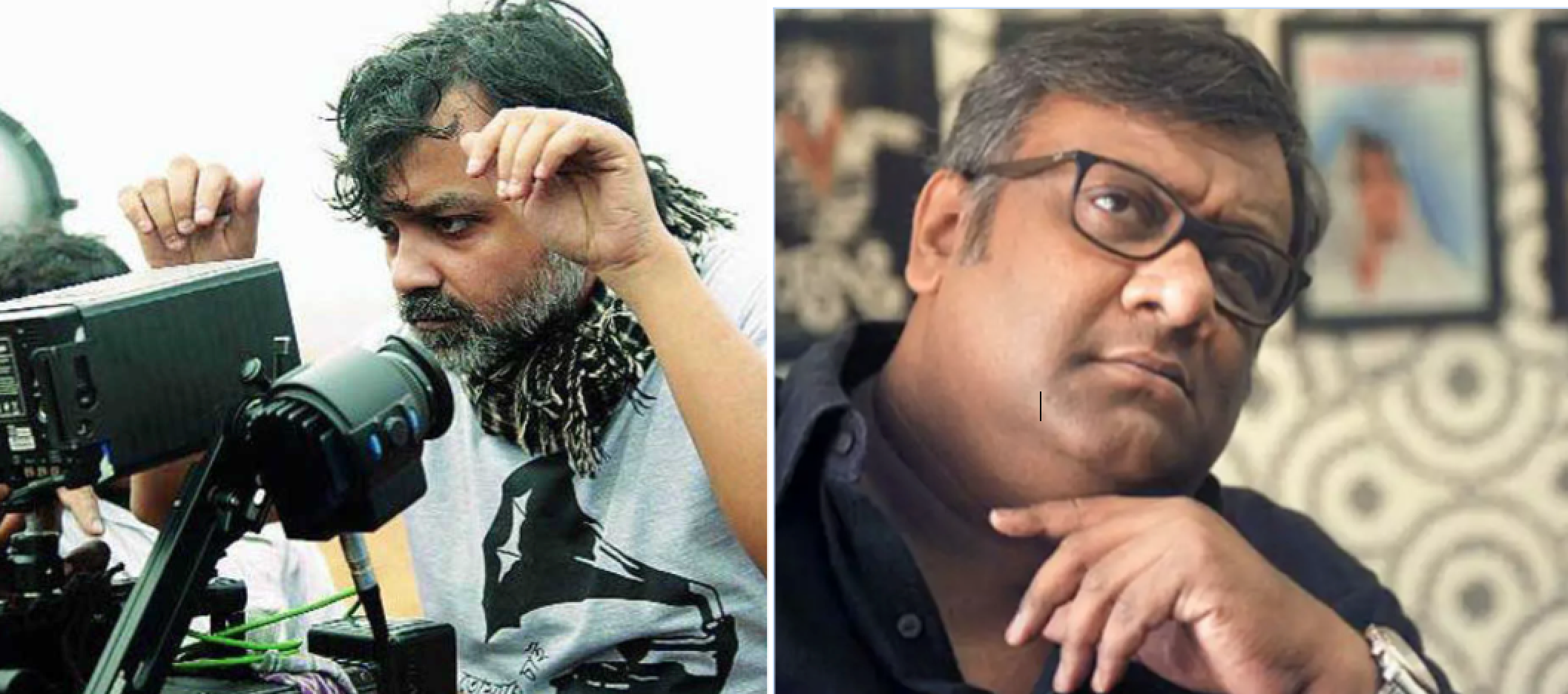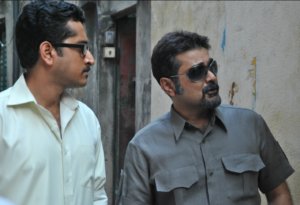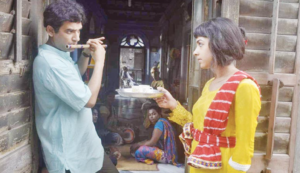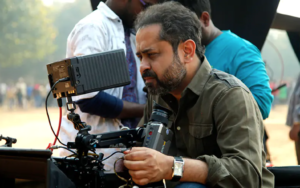From classical to contemporary: Leading modern Bengali film directors

Contemporary Bengali directors often focus on shining the cinematic spotlight on cities like Kolkata and telling simple, relatable family or relationship stories
Bengali films perhaps first made a mark globally when Satyajit Ray’s Pather Panchali (1955) became critically acclaimed and won several awards, both local and international, including the prestigious Best Human Document award at the 1956 Cannes Film Festival. The feat inspired entries and wins from other Bengali directors over the years, such as Mrinal Sen. However, the Bengali film industry in India, also known as “Tollywood,” is often still seen as a regional success only, with its success fading out since the end of the Golden Era in the 1970s.
Since the 1990s, however, the industry has seen an impressive revival, with acclaimed directors leading the way like Rituparno Ghosh, who dominated Bengali cinema with hits like National Award-winning Unishe April (1994), until his death in 2013. Contemporary or modern-era Bengali film directors have also been making strides in the Indian film industry. Some have seen huge artistic and commercial successes upon entering Bollywood, such as Ayan Mukerji’s Wake Up Sid (2009) and Shoojit Sircar with the hit film Piku (2015).
Many younger Bengali directors have focused on shining the cinematic spotlight on cities like Kolkata and telling simple, relatable family or relationship stories that allow a wider audience to be exposed to the unique nuances of Bengali cinema, proving that although often focusing on regional tales, they are universal in their appeal.
Srijit Mukherji
One of Bengali cinema’s most prolific and renowned directors in today’s era, Srijit Mukherji, made his first feature film, Autograph, in 2010, a tribute to Satyajit Ray’s 1966 film Nayak. It was showcased at international events like Abu Dhabi Film Festival and London Indian Film Festival and won 41 awards. A 7-time National Film Award winner, Mukherji’s films have ranged from offbeat realism to commercial potboilers. Some of his best work has been in the thriller genre, like Chotushkone (2014), which tells the story of four directors connected by an unknown producer, getting together to make short stories about death, and Baishe Shrabon (2011), about journalists and police officers chasing a vengeful psychopath who uses couplets from Bengali poems. Jaatishwar (2014), a musical drama and possibly the most critically acclaimed film of his career, for example, tells the story of 19th-century Bengali poet Anthony Firingee, distinctively displayed in parallel time zones.
Mukherji’s talent most often lies in his unconventional, content-driven storytelling and unique plots. Also known for his exceptional writing, one of his most recent projects was a foray into OTT with another nod to Ray, a web-series on Netflix of the same name. Ray (2021) examines Satyajit Ray’s legendary tales through a contemporary lens, weaving Mukheriji’s signature dark elements throughout the stories.
Kaushik Ganguly
Perhaps best known for his films that tackle crucial yet contentious issues around human sexuality, Kaushik Ganguly is another multiple National Award-winning Bengali director. His 2017 film Nagakirtan starred popular Bengali actor Riddhi Sen as a trans woman from Bengal, whose romance with a flute player is tested by society’s cruel disapproval. The music score that immediately grabbed viewers’ attention was praised and the film was lauded by critics for expertly portraying the lives of inter-sex Indians in a country where the topic is rarely addressed in mainstream cinema, praising the sensitive and empathetic “commentary on society’s deep-rooted cis-normativity,” and garnered a special Jury Award at the 65th National Film Awards.
Suman Ghosh
Having completed his film training at Cornell University in US, Suman Ghosh directed his first feature film, Podokkhep (Footsteps) in 2008. The film, which won 2 National Awards, stars Soumitra Chatterjee and Nandita Das as an elderly father and his daughter, who navigate the changing dynamics and unusual bond in their relationship.
Ghosh broke more barriers with his 2012 Mithun Chakraborty starrer, Nobel Chor, which had its world premiere at the Busan International Film Festival and London Film Festival. The film, which stands out in this list as a comedy, tells a fictional account of Rabrindranath Tagore’s stolen Nobel medal, entertaining the audience with the hilarious antics of a poor farmer, Bhanu, who encounters crooks and other strange characters struggle wanting to exploit him. This provides cleverly interweaved juxtaposition with the realism of contemporary India and the sad reality of a man with a simple of dream of being able to give his son a better future and improve his lot in life.
Aditya Vikram Sengupta
Aditya Vikram Sengupta is one of the newer Bengali directors in the industry, who released his first directorial venture, Asha Jaoar Majhe or ‘Labour of Love’ in 2014. It won the Indira Gandhi National Film Award for Best Debut and premiered at the Venice International Film Festival, which Sengupta had described as “soaked in Indian, and especially Calcutta idiosyncrasies.” In a medium that often relies heavily on the virtuoso of a well-written screenplay, the aptly titled film is devoid of any dialogue, yet skillfully narrates the daily struggles of an unnamed, lower middle-class Bengali couple in Kolkata as they go about their seemingly mundane day, only meeting once in the entire film.
His upcoming film, Once Upon A Time in Calcutta, has been selected to premiere at Venice once again in 2021, becoming one of only two South Asian films to be represented. Sengupta’s famed attention to detail, which stood out in his 2014 film, was employed here as well as he put his cast through two years of workshops to prepare for their roles. The film will comment on the effect of the city’s post-communist, rapid urbanisation conflicted with the fondness of locals to hang on to the glory of the past, told through the eyes of a bereaved mother.













